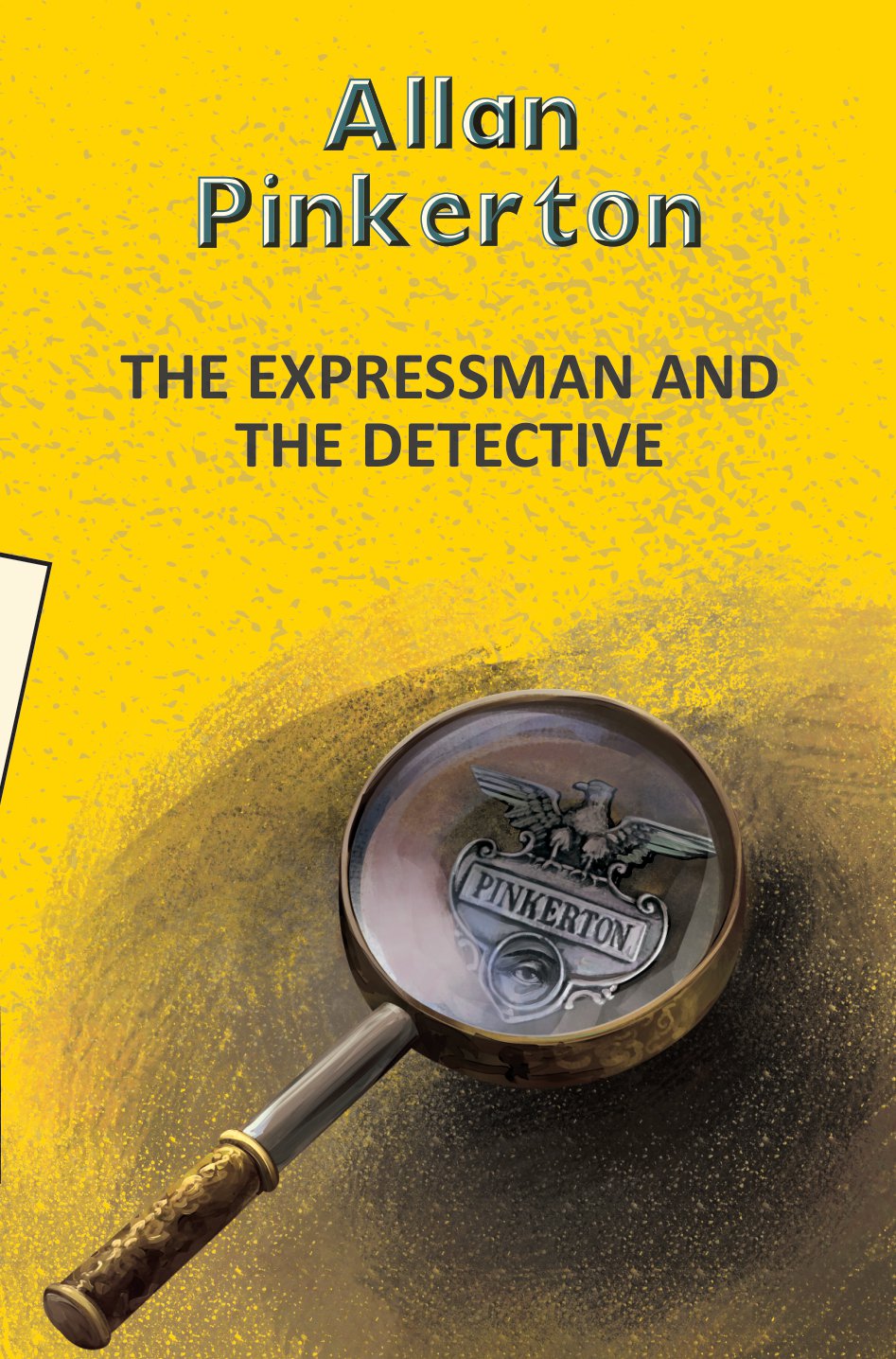Allan Pinkerton
Allan J. Pinkerton (18191884) was a Scottish-American cooper, abolitionist, detective and spy, best known for creating the Pinkerton National Detective Agency in the United States and his claim to have foiled a plot in 1861 to assassinate president-elect Abraham Lincoln. During the Civil War, he provided the Union Army specifically General George B. McClellan of the Army of the Potomac with military intelligence, including extremely inaccurate enemy troop strength numbers. After the war, his agents played a significant role as strike-breakers in particular during the Great Railroad Strike of 1877 a role that Pinkerton men would continue to play after the death of their founder.
Pinkerton first became interested in criminal detective work while wandering through the wooded groves around Dundee, looking for trees to make barrel staves, when he came across a band of counterfeiters, who may have been affiliated with the notorious Banditti of the Prairie. After observing their movements for some time he informed the local sheriff, who arrested them. This later led to Pinkerton being appointed, in 1849, as the first police detective in Chicago, Cook County, Illinois. In 1850, he partnered with Chicago attorney Edward Rucker in forming the North-Western Police Agency, which later became Pinkerton & Co., and finally Pinkerton National Detective Agency, still in existence today as Pinkerton Consulting and Investigations, a subsidiary of Securitas AB. Pinkerton's business insignia was a wide-open eye with the caption "We never sleep".
Pinkerton died in Chicago on 1 July 1884. At the time of his death, he was working on a system to centralize all criminal identification records; such a database is now maintained by the Federal Bureau of Investigation.
Pinkerton produced numerous popular detective books, (such as this one) ostensibly based on his own exploits and those of his agents. Some were published after his death, and they are considered to have been more motivated by a desire to promote his detective agency than a literary endeavour and thus some were believed to be ghost written.

